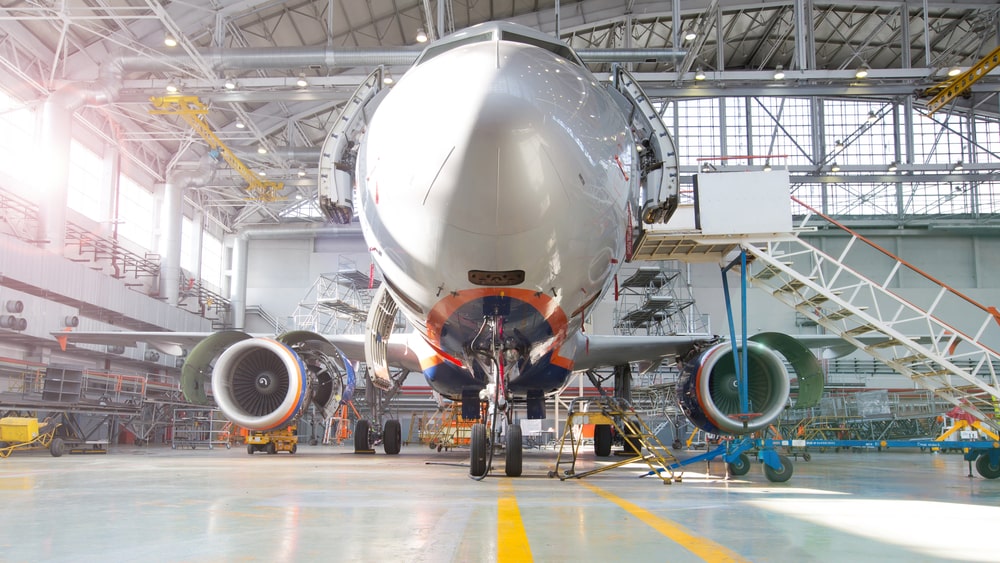
Parts shortage and delivery delays is impacting the aviation industry
The aviation industry is suffering from a parts shortage and delays in the delivery of new aircraft that may take up to two years to resolve according to many firms in the industry.
Speaking at the Singapore Airshow, many airlines and supply firms have expressed concern about the alarming rise in prices for shortages and the delays in receiving new aircraft.
With post-pandemic travel rising back to levels not seen since before the pandemic, experts in the industry believe that these issues may worsen in the coming months ahead.
Lead times to procure items such as metals and windshields are becoming two to five times longer than they were before the pandemic, Reuters report.
Similarly, many have seen price surges of twenty to thirty percent on parts that normally would have an annual rise of two to three percent, said Paul Bolton, Chief Operations Officer at First Aviation Services, a maintenance firm, speaking to Reuters.
Many factors have contributed to this shortage of key parts, such as the loss of skilled manpower, with many individuals leaving the industry during the pandemic.
Yet, one factor looms large. The ongoing Russia-Ukraine conflict.
“The aerospace-grade titanium shortage started with Ukraine war”, said Roberto Tanna, CEO of ALA, an aerospace supply chain firm, speaking to Reuters.
“We got quoted 72 weeks for a product that usually we would get in 36-40 weeks… I think it would take 18-24 months to go back to the way it was before”, he added.
Similarly, the ongoing risk of further conflict within Europe and other parts of the world, has seen demand for metal surge as countries seek to improve their defence capabilities, said Joesph Yun of Bibus Metals.
Airlines are also impacted by these supply chain woes . Qantas had to push back the launch of the London to Sydney direct flight to 2026 due to supply chain woes. The airline also said that it will not meet its stated goal of reactivating its remaining A380-800 fleet by the end of this year. Many of these aircraft were stored in aircraft hangars in California to be serviced during the pandemic.
“Supplier delays and supply chain issues, including maintenance workforce and hangar availability, have impacted the planes for routine heavy maintenance and cabin upgrades on some A380 aircraft…… These issues are not unique to Qantas and are impacting airlines globally”, wrote Nick Bull, Qantas Head of International Cabin Crew, in an internal email, cited by CH Aviation.
The longer-term implications of this continued disruption in the aviation industry is that firms may have to readjust their supply chain management practices accordingly.
“The previous supply concept was probably ‘just in time’; I order when I need it. This is over”, said Dennis Kohr, head of Asia-Pacific Corporate Sales at Lufthansa Technik.
The question for risk managers across the aviation industry, is what exactly comes next?
If you would like to access more Russell Thought Leadership, you can sign up for a free account here.

Related Articles
Aviation
Aviation
Aviation